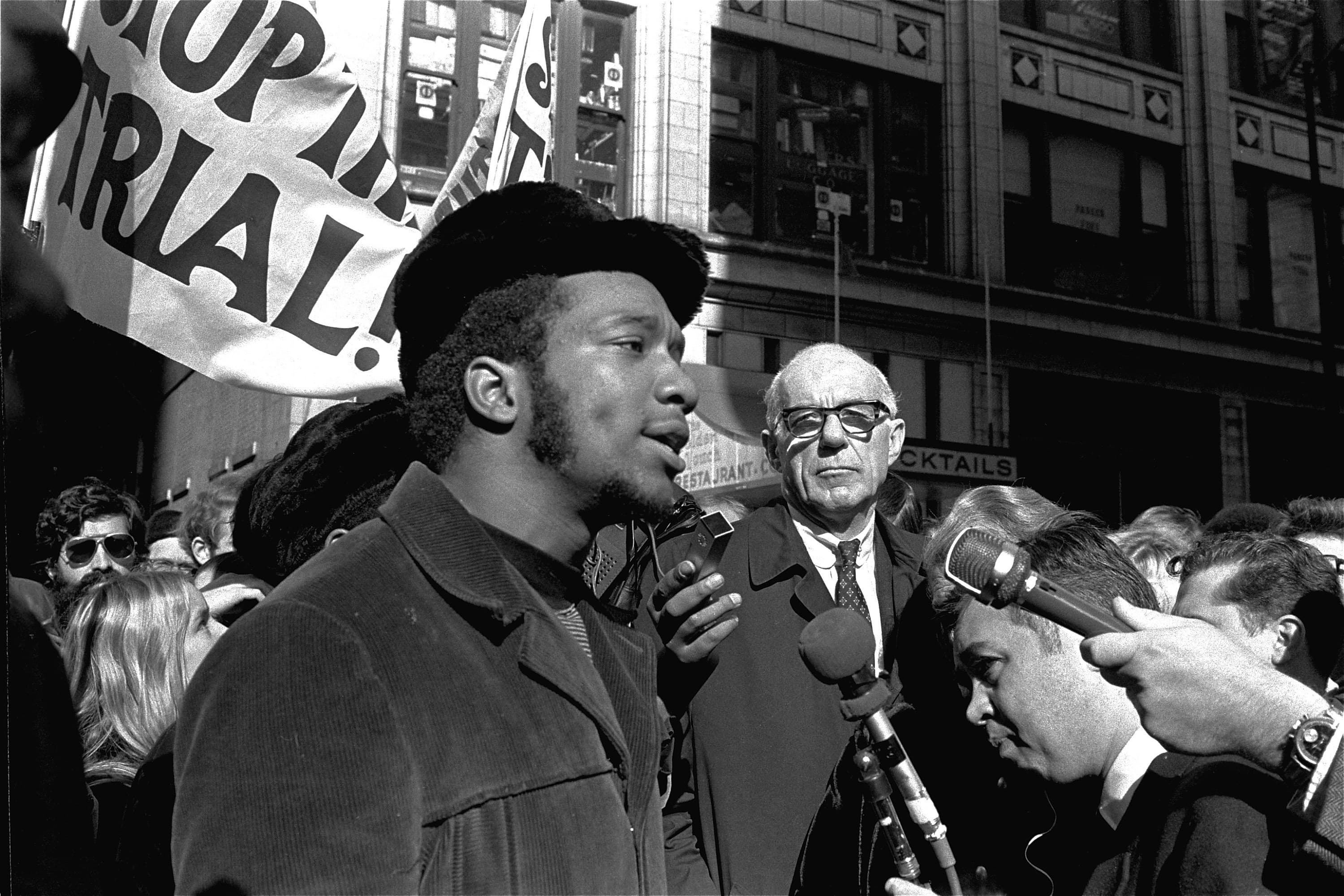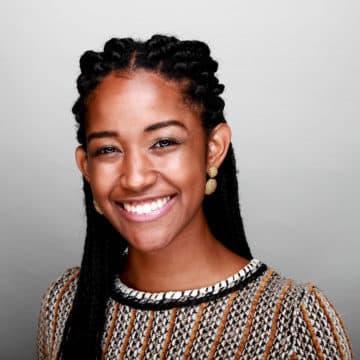Advertisement
Lessons Of Revolution From 'Judas And The Black Messiah'
The new film "Judas and the Black Messiah" retells the story of the Illinois chapter of the Black Panther Party and its chairman, Fred Hampton. The film depicts the assassination of Hampton, orchestrated by the FBI, with the help of an informant, William O'Neal.
We take listener calls and discuss why the film is resonating in this current moment, and also how the work of Fred Hampton and the Black Panthers is an example of what happens when people who feel defeated and ignored by their governmental institutions organize and fight back. We're joined by Michael Jeffries, Dean of Academic Affairs and Professor of American Studies at Wellesley College.
Interview Highlights
On the question of framing the Black Panthers as an insurrectionist group:
Michael Jeffries: "It's an interesting question to frame the Panthers as an insurrectionist group, because when you look at their founding and especially some of their initial reasons for forming the organization, they're really well within the bounds of the law and the right to defend themselves. And that's really why the Black Panthers started all of their activities. They were tired of the constant police violence that they were subjected to in Oakland, California, and around the country. And we're really trying to carve out space to live a life of dignity, a life free from poverty and to maintain the right to protect themselves. That's a little bit different, I think, from the classic definition of 'insurrection,' though many of the issues pertaining to justice and state institutions are certainly applicable."
On if the film paints Fred Hampton as a positive revolutionary:
Jeffries: "Yes, absolutely. It's a really interesting film because it is not a complete biography of Hampton. It really tells the story of the moment — 1968, 1969 — and the kind of dual lives of Fred Hampton and the FBI informant, William O'Neal, who ultimately conspires in a way that leads to Hampton's death. So it's more of a snapshot of that moment and that relationship, because O'Neal was inside the party working very closely with Hampton and ultimately betraying him."

"It's not a full fledged biography, but what it does — especially in some of the early portions of the film — it makes it clear where Hampton stood and the position of the Black Panther Party relative to some of the other organizations that we know from the history of the civil rights movement in this country and some of the ideological pieces that were introduced to make it quite clear that he is a revolutionary. He describes himself that way in the film. He challenges the logic of slow reform. He challenges other revolutionary logics, like Pan-Africanism, for example, comes under a bit of criticism from Hampton in the film as well. But there's no doubt he's a revolutionary because he embraces economic policies and political policies that are far outside the American mainstream and necessary for the survival of Black Americans in our country."
On the initial priorities of the Black Panther Party:
Jeffries: "...one of the initial priorities of the Black Panther Party when they were founded was education — the education of Black folks, in particular — because the founders, Bobby Seale, Huey Newton, understood that they couldn't really carve out a path for revolution without self-knowledge first."
"And it's important that we see that emphasis and education reflected, not only in other movements that would advance similar goals, but also in our national program of education. Because if we're going to learn from this and really leverage the successes — and there are so many successes of this movement, the commitment to public health, for example, the free breakfast program, for example — that have been co-opted in some ways by government institutions, we have to really understand the educational piece and we can't avoid looking at the severe criticisms and whitewash the history."
"So I think that the Black Lives Matter movement continues to lay bare some of the disparities, inequities and injustices. And that kind of laid the ground, seeded the ground for projects like this to maybe reach audiences that they hadn't before."
Michael Jeffries, Dean of Academic Affairs and Professor of American Studies at Wellesley College
On what has changed to enable a movie to take this route of storytelling:
Jeffries: "I think the obvious answer here is the Black Lives Matter movement and the recognition that if we don't uproot these problems — which are historically rooted problems — and understand them in all of their historical complexity and rootedness, we're never really going to get to a place where we have justice in America. So I think that the Black Lives Matter movement continues to lay bare some of the disparities, inequities and injustices. And that kind of laid the ground, seeded the ground for projects like this to maybe reach audiences that they hadn't before. And still, if you watch this film and you know a little bit more about the history, you're going to feel like this is just a very small appetizer to what is a much deeper and longer story of the Black Panther Party."
This segment aired on February 25, 2021.



